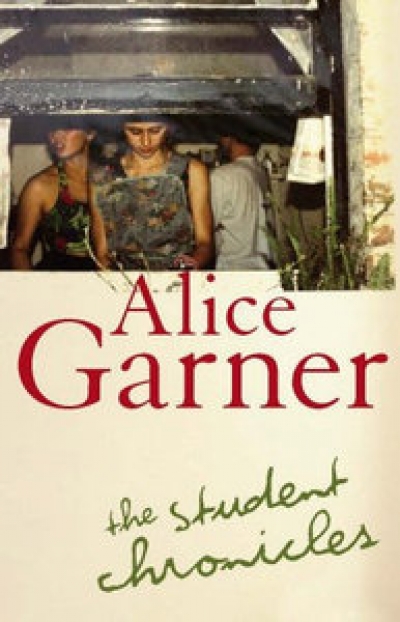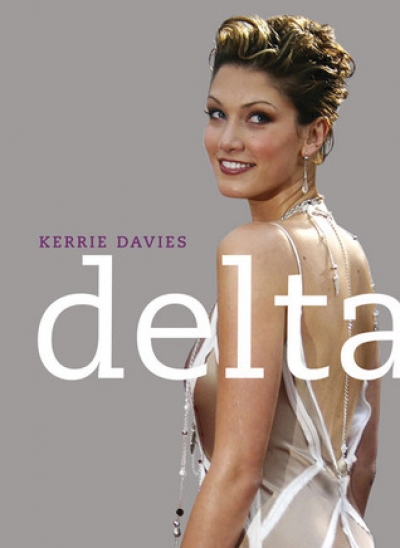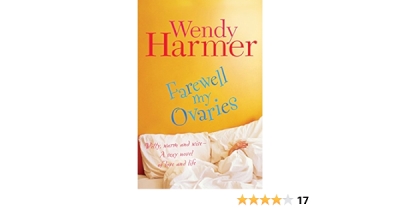Despite its rather grandiose title, Alice Garner’s The Student Chronicles is a friendly, unpretentious book. It is a coming-of-age story, set mostly in libraries – an anti-Monkey Grip, or a love letter to geekdom. The only sex happens behind closed doors; the real romance is with the library. ‘I loved the Baillieu Library so much I wrote a really bad poem about it,’ Garner confesses, with characteristic self-deprecation. Occasionally, she takes her reader by the hand – like a less precious Alain de Botton – and guides them towards the classics. Thus she introduces Montaigne, a partial model for this book, as a writer of ‘disarming modesty and honesty’, two qualities that the author herself possesses.
...
(read more)





